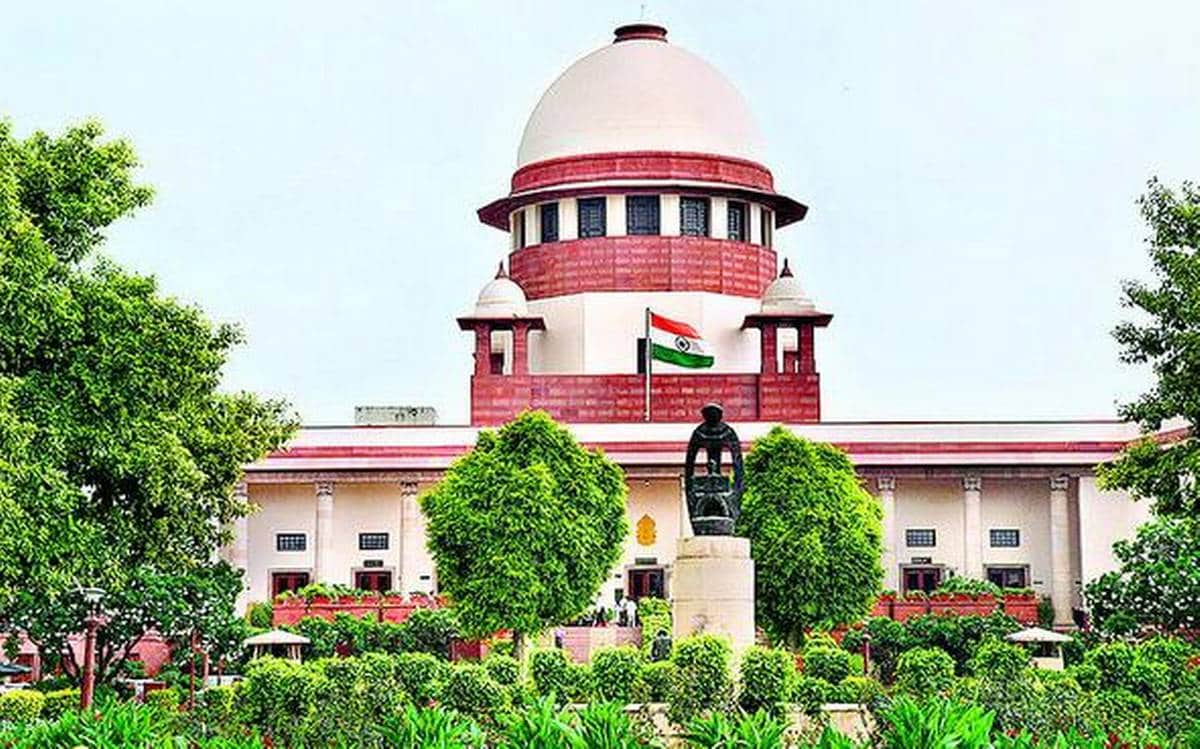INTRODUCTION
Arbitration is a mechanism for the resolution of disputes which takes place, usually in private, pursuant to an agreement between two or more parties, under which the parties agree to be bound by the decision to be given by the arbitrator according to law or, if so agreed, other considerations, after fair hearing, such decision being enforceable at law. An arbitration agreement is an agreement to submit present or future disputes (whether they are contractual or not). An arbitration agreement is therefore a contractual undertaking by two or more parties to resolve disputes by the process of arbitration, even if the disputes themselves are not based on contractual obligations. From the aforementioned definitions, one can conclude that, an arbitrable matter can be tried for in arbitration. “Arbitrability” generally connotes the capability of a dispute or classes of disputes that can be settled by an arbitrator.
What disputes are arbitrable? This question has been raised time and again in light of Arbitration. The Arbitration and Conciliation Act, 1996 (The Arbitration Act) nowhere explicitly bars the adjudication of a dispute through arbitration. The liberty to deliberate on the following aspect has been bestowed to the Courts. Interalia, ‘fraud’ has been one of the contentions. The doubt of its arbitrability has been put forth to our judiciary. The Supreme Court in the Afcons case categorically laid down the cases which are not arbitrable. The judgment clearly laid down serious fraud as a ground for non-arbitrability. Keeping that in mind this article will illuminate on the concept of fraud in light of arbitration with the help of relevant landmark developments up until the recent development along with the stance of the International arbitration in terms of its arbitrability and why certain cases are considered arbitrable, despite having been held as a non-arbitrable matter.
PREPONDERANCE ON FRAUD & ITS ARBITRABILITY
The question apropos fraud was first raised before the Supreme Court in the case of Abdul Kadir Shamsuddin Bubere v. Madhav Prabhakar Oak, wherein the three judges’ bench held that a matter containing fraud cannot be tried for in arbitration. An arbitrator does not have the jurisdiction to entertain a matter having essence of fraud. As per them, a matter of fraud probes a judicial inquiry and examination of evidence, which is to be tried for in a Court of Law. The judgment was given under the Arbitration Act, 1940. Even the adoption of the Arbitration Act, did not change the position laid down by Abdul Kadir. The validity of the same was upheld in N. Radhakrishnan Case, which simply put, held all disputes containing fraud allegations are not arbitrable.
The judgment in N. Radhakrishnan affirmed the position of Abdul Kadir. Howbeit, the judgment was in relation to domestic arbitration. The clarification in regards to International Arbitration was provided for by the Supreme Court in World Sport Group (Mauritius) Ltd v. Msm (Singapore) Pte, wherein vis-à-vis Foreign seated Arbitration, the court held that an arbitrator is well capable and within jurisdiction to decide any allegations of fraud. Inter alia, it is pertinent to note, the aforementioned judgment failed to propound and differentiate on the distinction of fraud in domestic and international/foreign seated arbitration. This created an anomaly between foreign seated arbitration and domestic arbitration which was well put in to perspective after the landmark judgment of A. Ayyasamy v. A. Paramasivam. The judgment upheld the validity of Swiss Timing and overruled N. Radhakrishnan, wherein, the judgment was declared per incuriam.
The A. Ayyasamy judgment was a landmark case which made a categorical segregation, which one might have to consider while probing around fraud allegations. Fraud was categorized into the following two terms:
Fraud Simpliciter (Plain allegations) and;
Complex Fraud (Serious allegations).
Fraud Simpliciter was held to be an arbitrable matter whereas; complex or serious fraud allegations were to be tried by the Court. This is where the anomaly arises and still exists. International or Foreign Seated Arbitration empowers an arbitrator to adjudicate on fraud allegations in toto, wherein, in domestic arbitration in India segregates the arbitrability of fraud in to two categories.
THE COMPLEX FRAUD TEST
The Supreme Court in a recent judgment of Rashid Raza v. Sadaf Akhtar affirmed the view of A. Ayyasamy, which impliedly overruled the judgment in N. Radhakrishnan because technically Ayyasamy could not overrule the judgment as the strength of the bench was the same.
The judgment in Rashid Raza gave a new dimension to determine a complex fraud. The test is reiterated down below:
Does this plea permeate the entire contract and above all, the agreement of arbitration, rendering it void, or
Whether the allegations of fraud touch upon the internal affairs of the parties inter se having no implication in the public domain.
The test clearly lays down that serious allegations of fraud arises if the allegations satisfy the two grounds, if it fails, then the allegation falls under Fraud Simpliciter, which can be adjudicated in arbitration. In the case, the court held the matter to have failed the test and as a result can be tried for in arbitration.
THE AVITEL CLARIFICATION:
The most recent judgment of the Supreme Court in Avitel Post Studioz Limited v. HSBC PI Holdings (Mauritius) Limited has further reignited the spark of arbitrability of fraud, wherein, the Avitel Post studioz (appellant) through fraud asked the HSBC (respondent) to invest 60 Million USD into the company under false pretences. Respondent under suspicion asked two audit firms to do an inquiry into the matter. On the basis of the findings, HSBC moved to Arbitration under SIAC rules in Singapore as mentioned in the agreement, wherein an award was passed in their favor. The appellant in response filed various applications and appeals which were either against them or were denied. The division bench of Bombay HC, however, passed an order reducing the amount of compensation to be paid. The respondent aggrieved by this fact, moved to Supreme Court under Article 136 by the way of special leave petition.
The case shed clarity on why certain cases of fraud are arbitrable. The Court propounded on the matter using right in rem and right in personem along with the aforementioned test. Right in rem are rights available against public and whereas right in personem are enforceable against a private person. The court related this aspect to fraud and observed, those cases are fraud are arbitrable which are against a person in individual capacity. A right in rem is a right exercisable against the world at large, as contrasted from right in personem which is an interest protected solely against specific individuals as held in Booz Allen Case. Any allegations which affect the public morality or public at large in any capacity are to be tried for in a Court of Law.
The Court in this case held separate criminal proceedings have no bearing on a civil suit. It further held that the matter was arbitrable, as the matter in question was of personal obligation between parties. The respondent followed proper rules and procedure. No question of the matter being tried arises. The Supreme Court reversed the decision of the Bombay High Court Division Bench, returning the compensation to its original position.
CONCLUSION
The Avitel Jugdment has illuminated with some much needed clarity in terms of arbitrability of fraud. Lack of description of matters not arbitrable has caused some problems in this regard. Both the Amendments which undertook in 2015 and 2019 did not incorporate any heads outlining the same. The judgment has put a boost in the pro arbitration regime, moving step by step in right direction. It affirmed the view of World Sport. The bare-bones analysis and insight provided for by the Supreme Court in matters of fraud being arbitrable is commendable.
Inter alia, there is a situation which might hamper and increase the judicial intervention in an arbitration matter. A pro-arbitration judge might refer the matter to arbitration if the agreement provides for an arbitration clause or an agreement in light of section 8 of the Arbitration Act. However, on the contrary a judge who is not a big supporter of arbitration might inquire deeply into the validity of the fraud allegations, wherein, the speedy justice of the parties will be affected.
I am of the opinion, our arbitration tribunals should be allowed to stand on the same footing as that of courts when it comes to examination of a claim or evidences. As pro-arbitration India is right now, we could still use some deliberations on the gray areas of arbitration in order to be a global arbitration hub for dispute adjudication.


 Opinion2 years ago
Opinion2 years ago
 Entertainment7 years ago
Entertainment7 years ago
 Fashion7 years ago
Fashion7 years ago
 Entertainment7 years ago
Entertainment7 years ago
 Opinion2 years ago
Opinion2 years ago
 Politics7 years ago
Politics7 years ago
 Entertainment7 years ago
Entertainment7 years ago
 Entertainment7 years ago
Entertainment7 years ago








